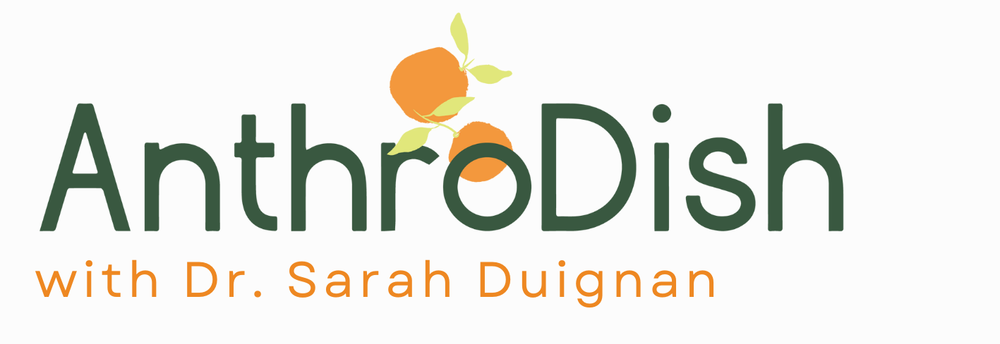My guest this week is Dr. Lilian Milanes, an assistant professor of Anthropology at William Paterson University in New Jersey. As a Floridian Cuban-American, she received her B.S. in anthropology from the University of Central Florida and earned her PhD in anthropology at the University of Kentucky. As a medical anthropologist, Dr. Milanes focuses on the various contexts of health inequities in the US, especially surrounding Latinx communities. Her dissertation research emphasized health narratives of Chicago Latinx in their experiences with diabetes, hypertension, and high cholesterol. As a product of various mentoring villages, she is passionate about supporting undergraduate research opportunities and community engaged research.
I was first introduced to Dr. Milanes work at the AAA meetings this past November in San Jose, and was completely struck by her research, as she was speaking on some of the difficult negotiations and dietary shifts experienced by Latinx communities with respect to chronic health conditions. We speak today on some of the themes she brought up in her AAA talk. We unpack how Latinx communities can get homogenized in health strategies and guidelines, and how communities and researchers are working to create more contextual and culturally specific dialogues to help improve access to healthcare. Dr. Milanes is someone I admire a lot, and it was so wonderful being able to speak with her and learn more about her work.
Check out the full episode in the player above, or on any major podcast platform!
Get Social with Dr. Milanes!
Humboldt Park Ethnographies/Reading Recommendations
Felix Padilla (1988) "Puerto Rican Chicago"
Gina Perez (2004) "The Near Northwest Side Story Migration, Displacement, and Puerto Rican Families”
Marilyn M. Thomas-Houston (2004) "'Stony the Road' to Change: Black Mississippians and the Culture of Social Relations"
Ana Y. Ramos-Zayas (2005) "National Performances: The Politics of Class, Race, and Space in Puerto Rican Chicago"
Merida M. Rua (2008) "A Grounded Identidad: Making New Lives in Chicago's Puerto Rican Neighborhoods"
Lilia Fernandez (2014)"Brown in the Windy City: Mexicans and Puerto Ricans in Postwar Chicago"
Jonathan Rosa (2019) "Looking like a Language, Sounding like a Race: Raciolinguistic Ideologies and the Learning of Latinidad"










